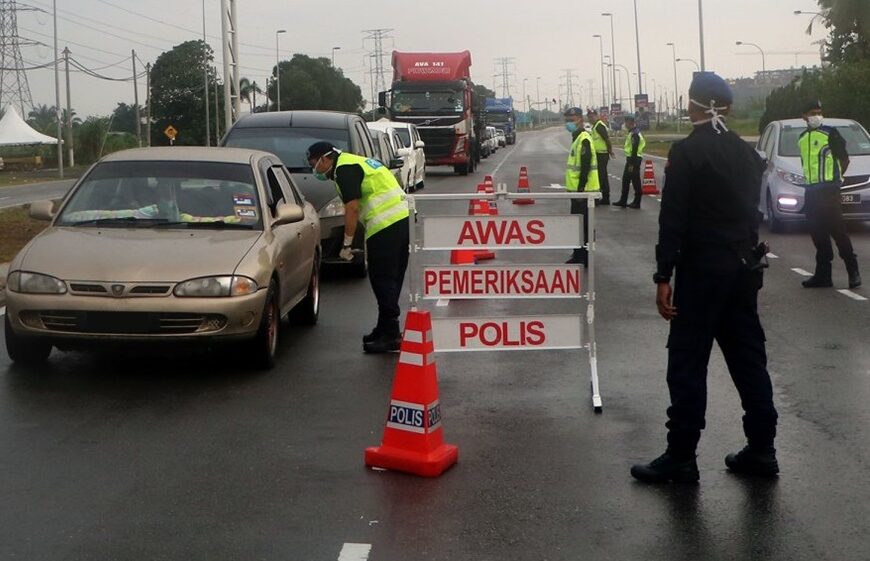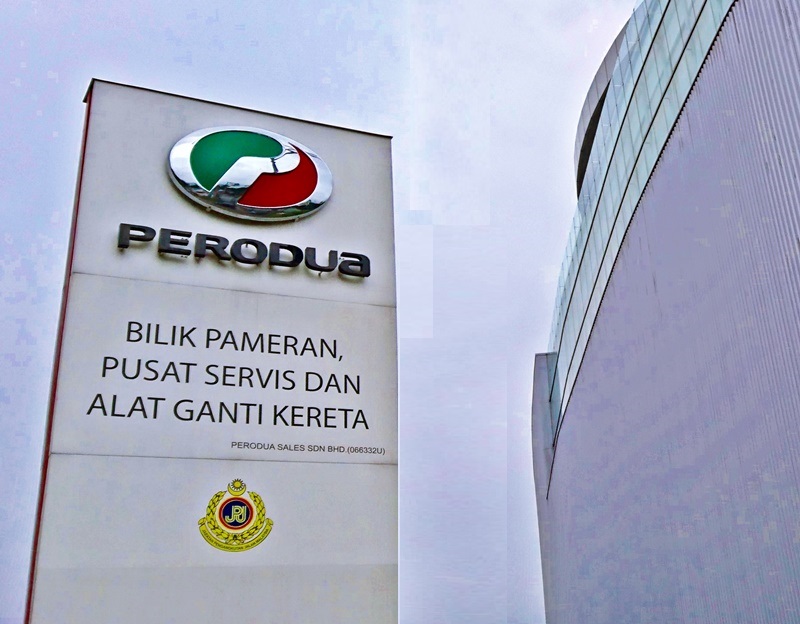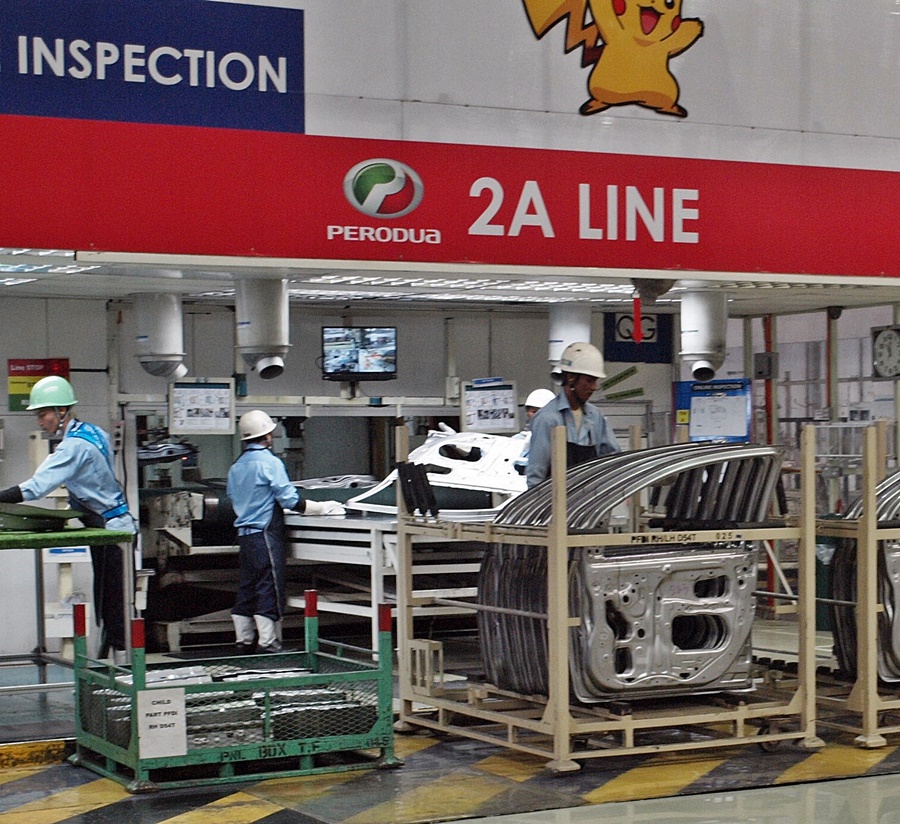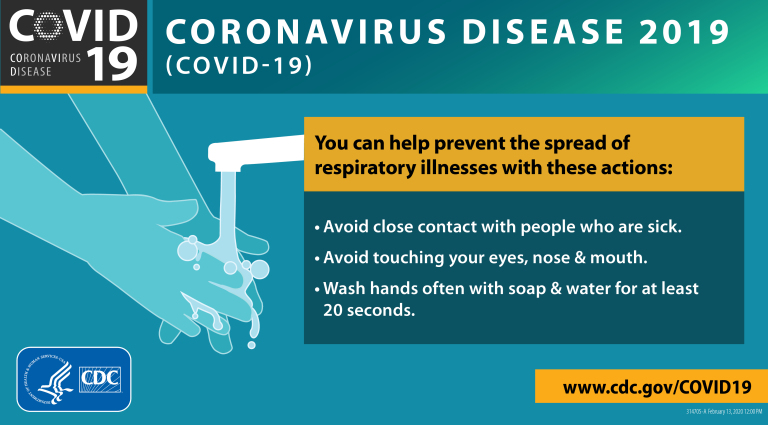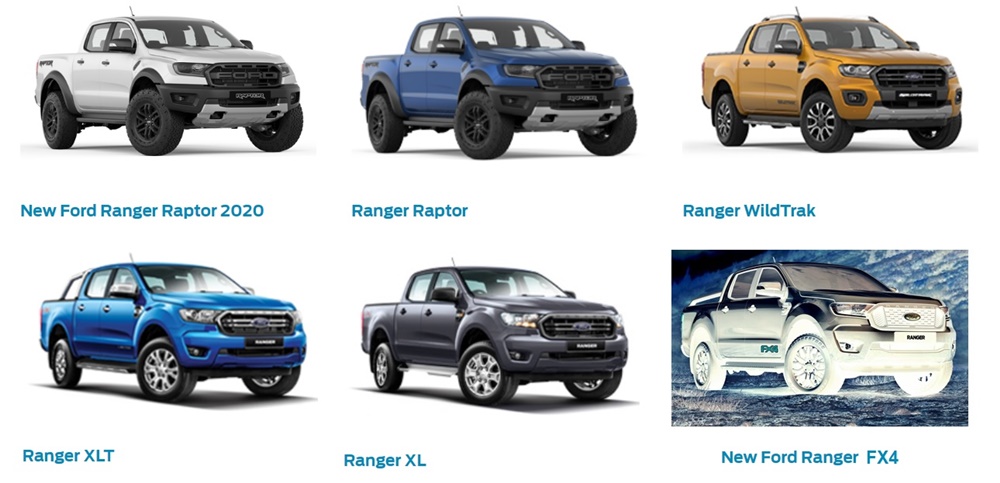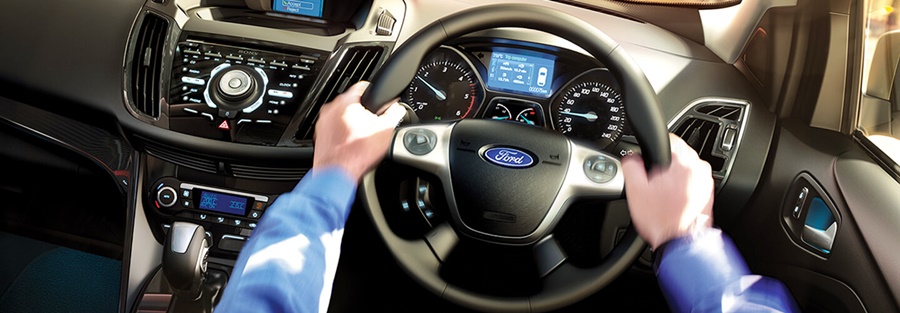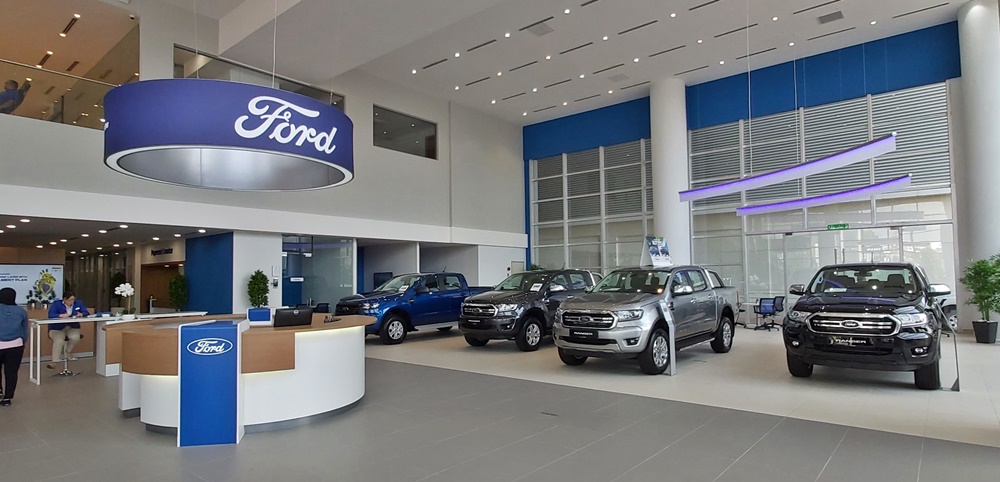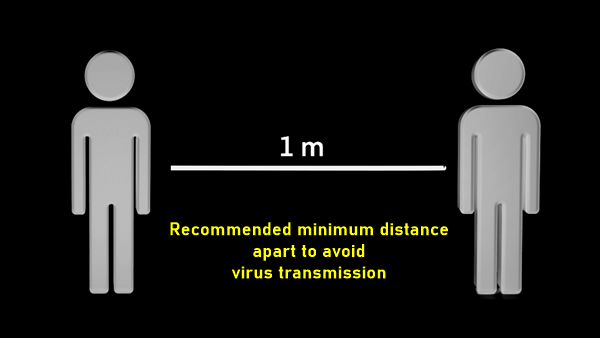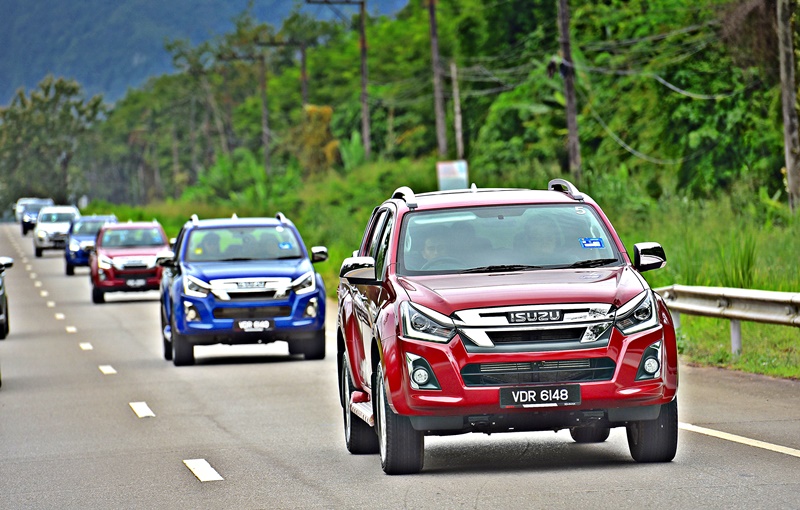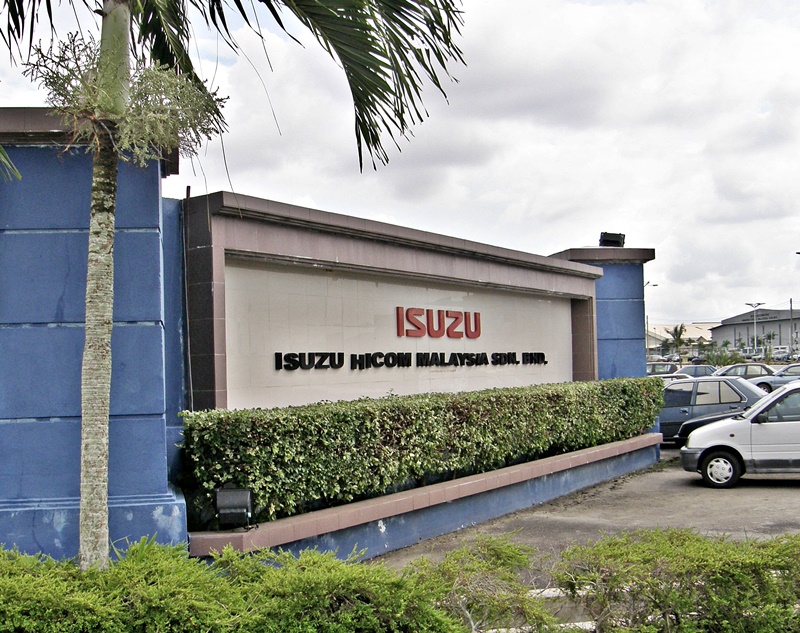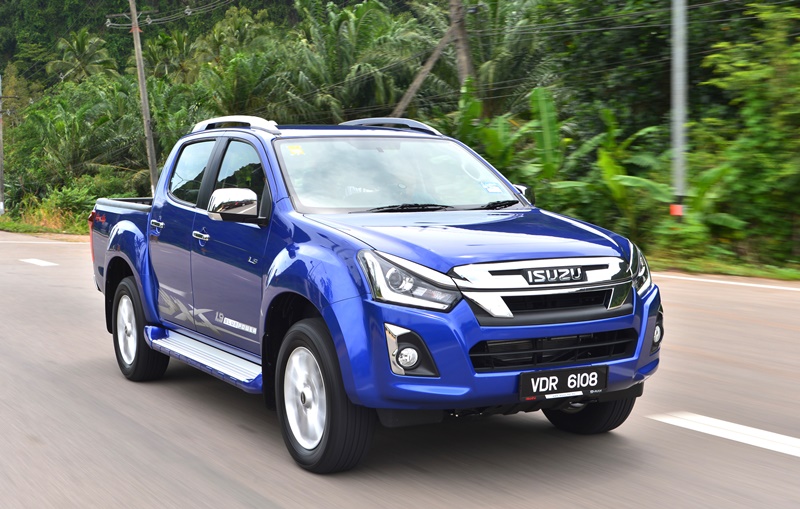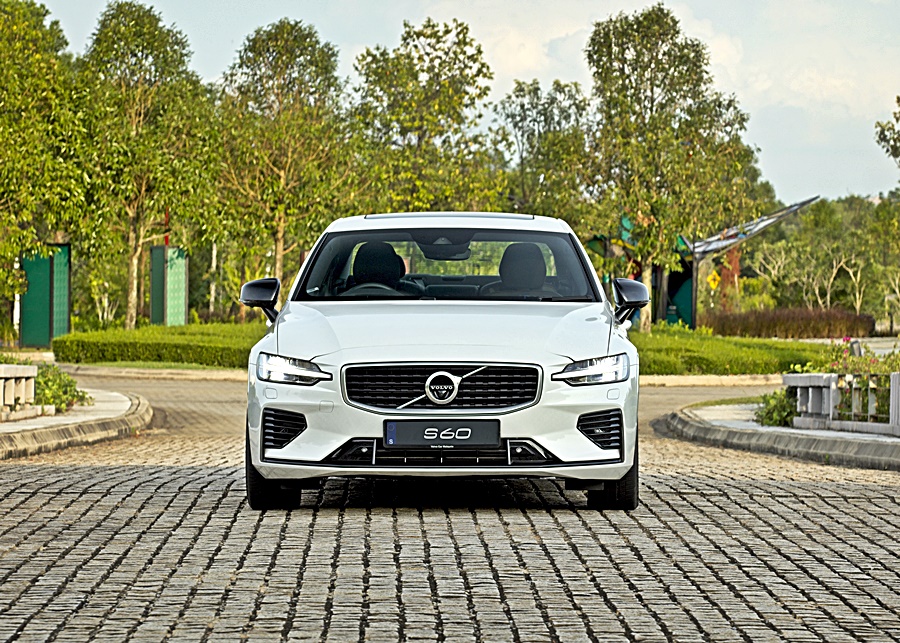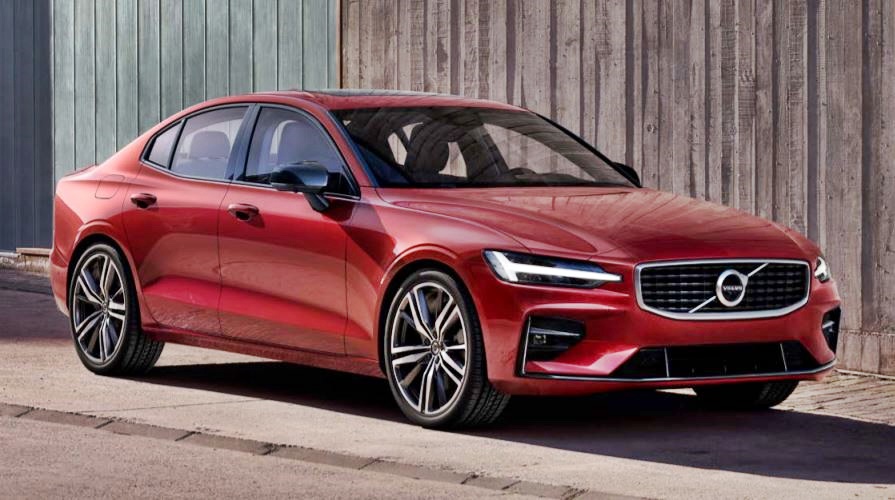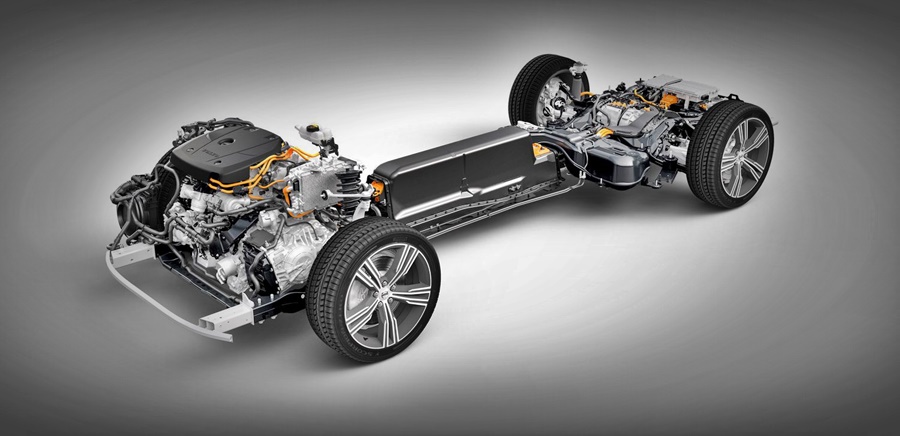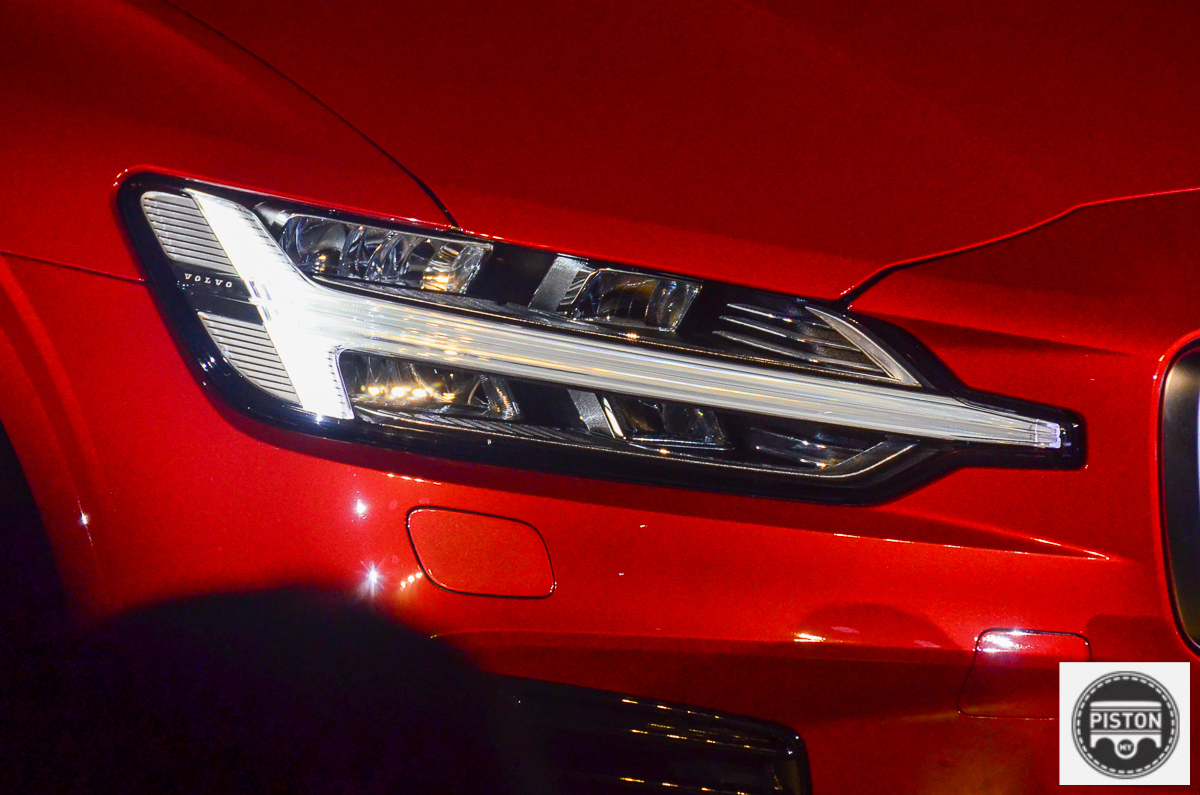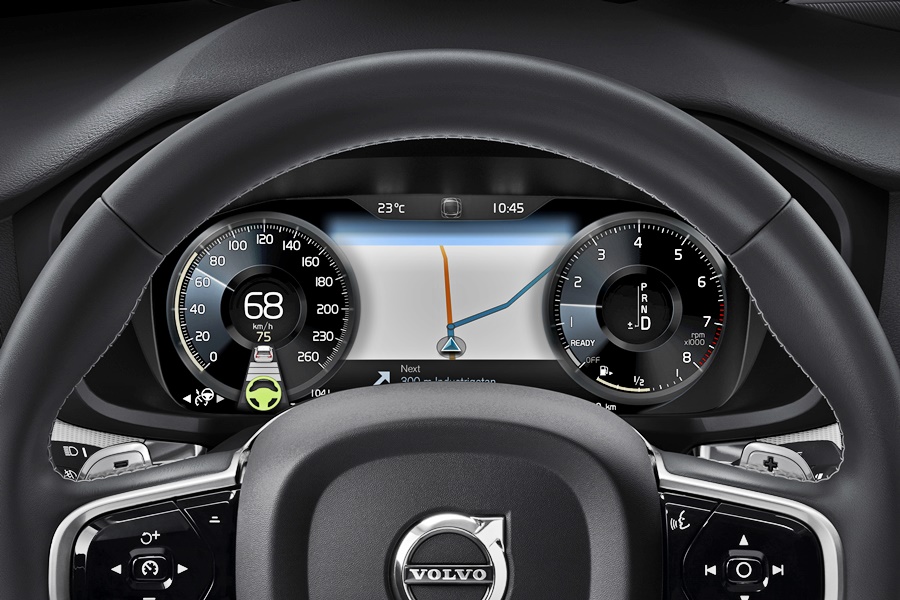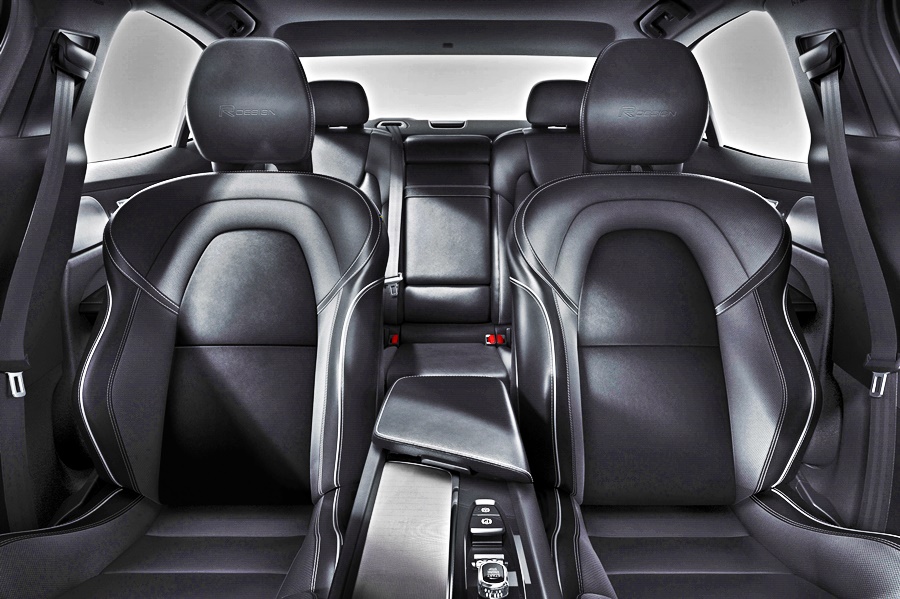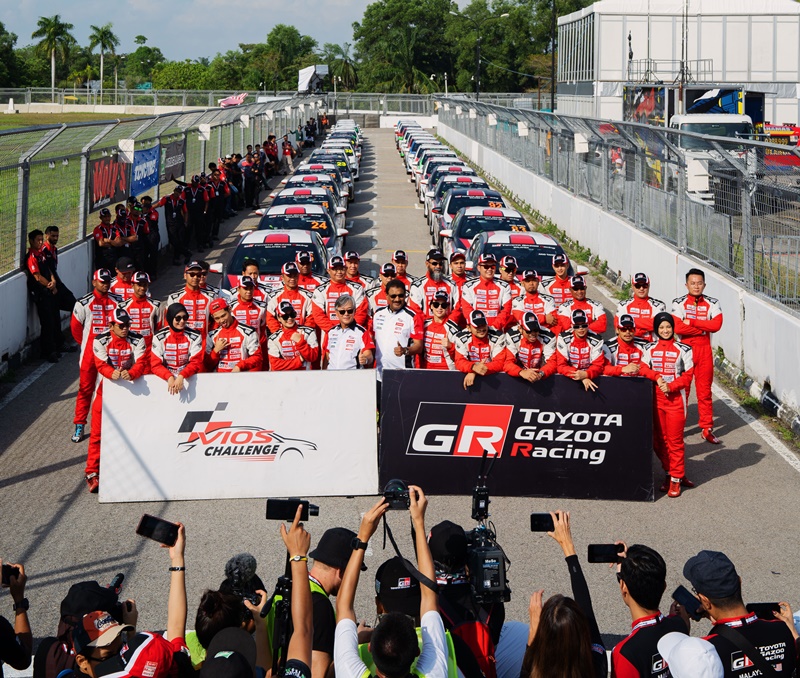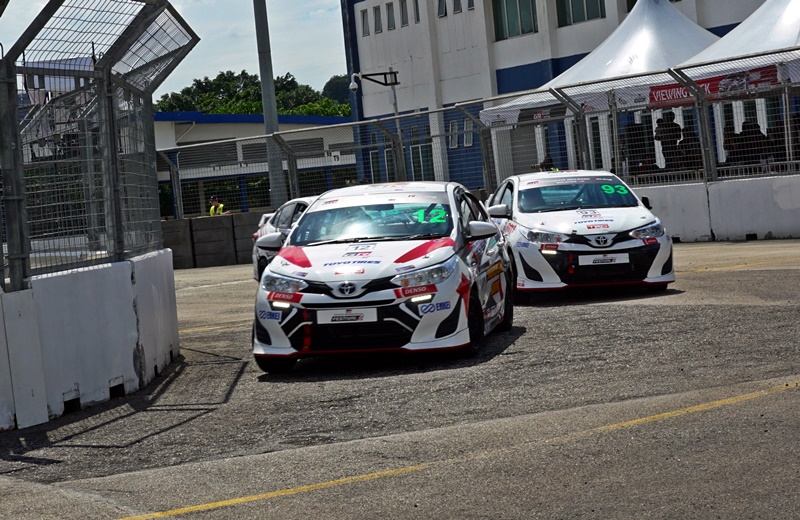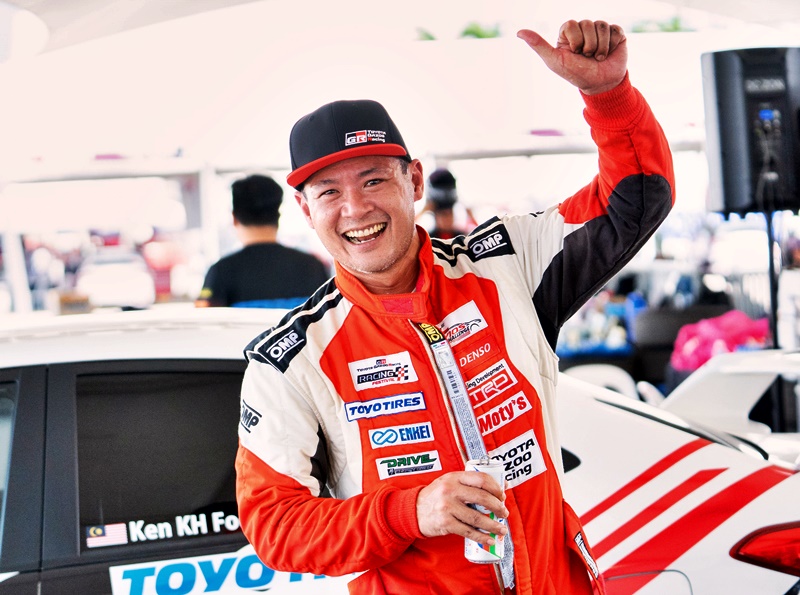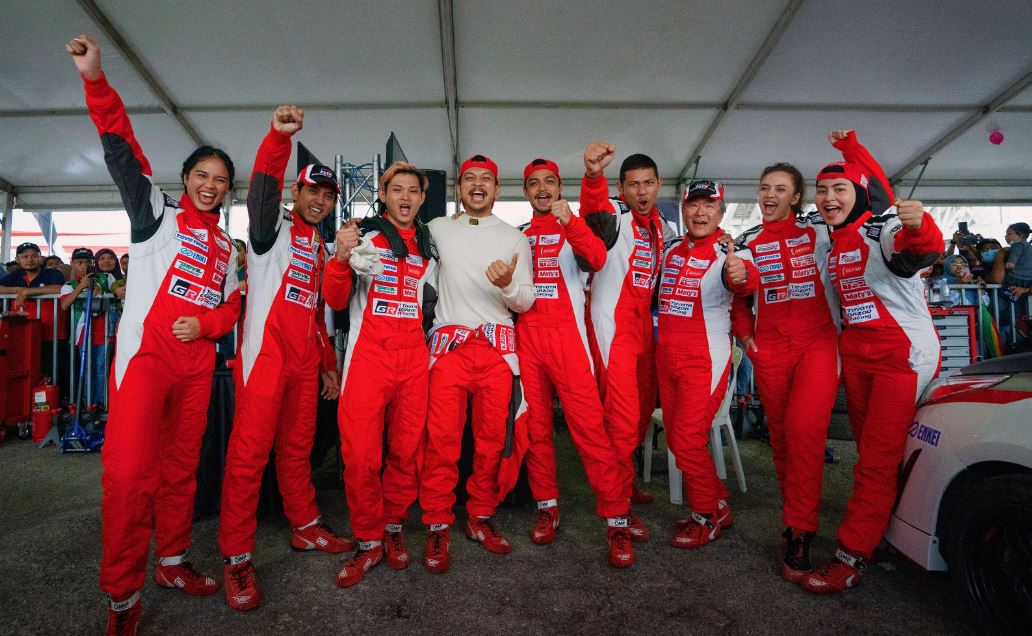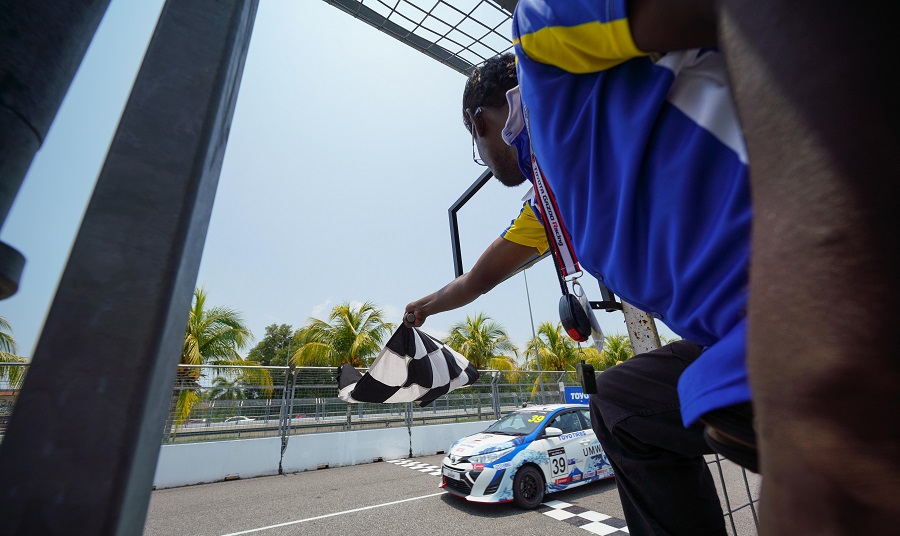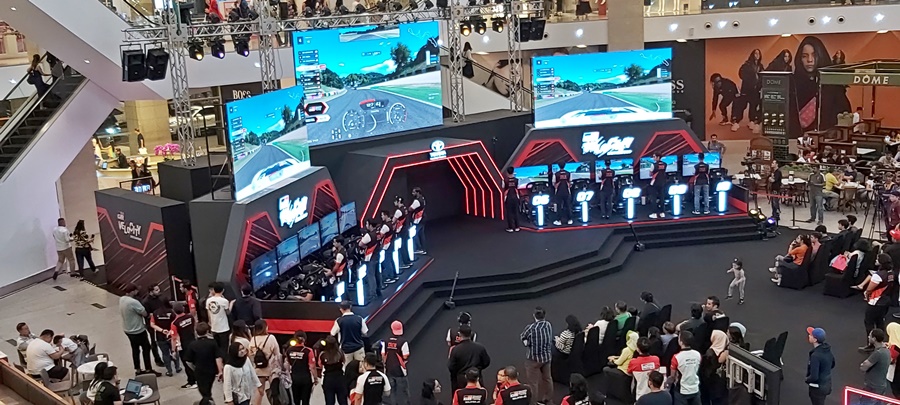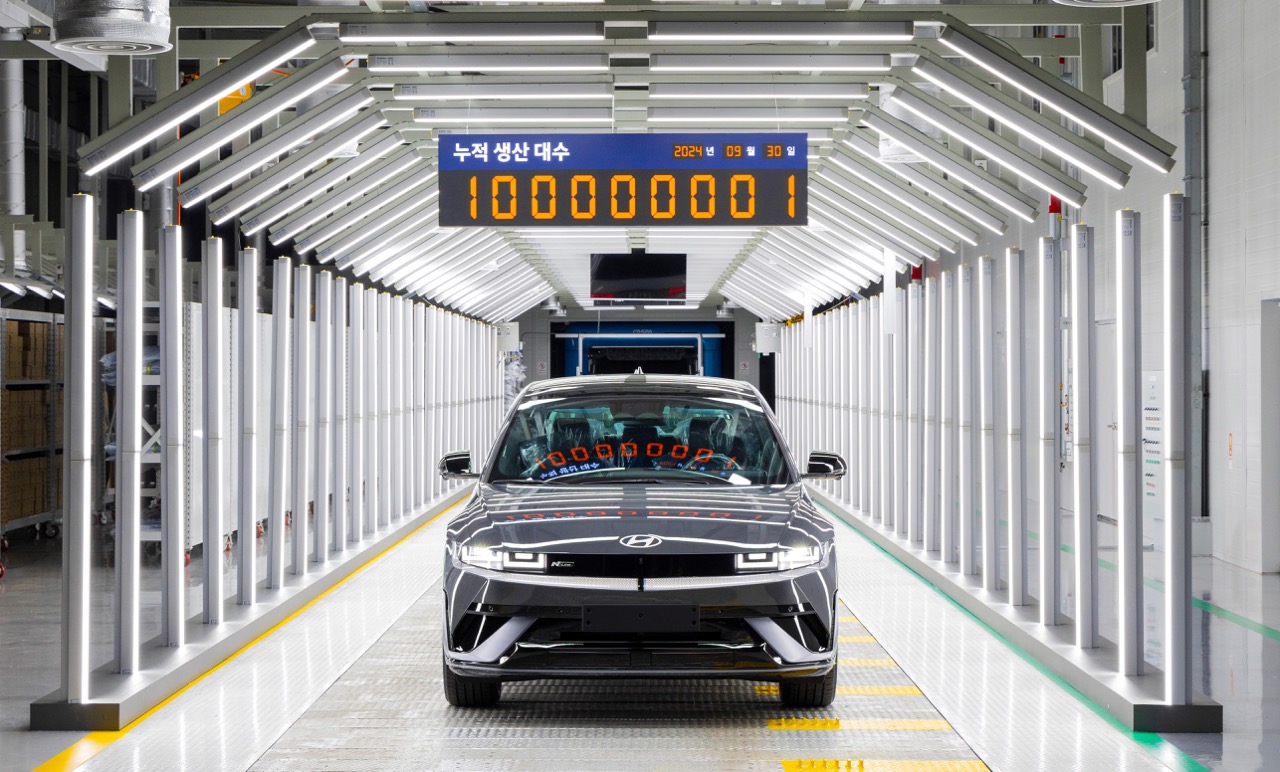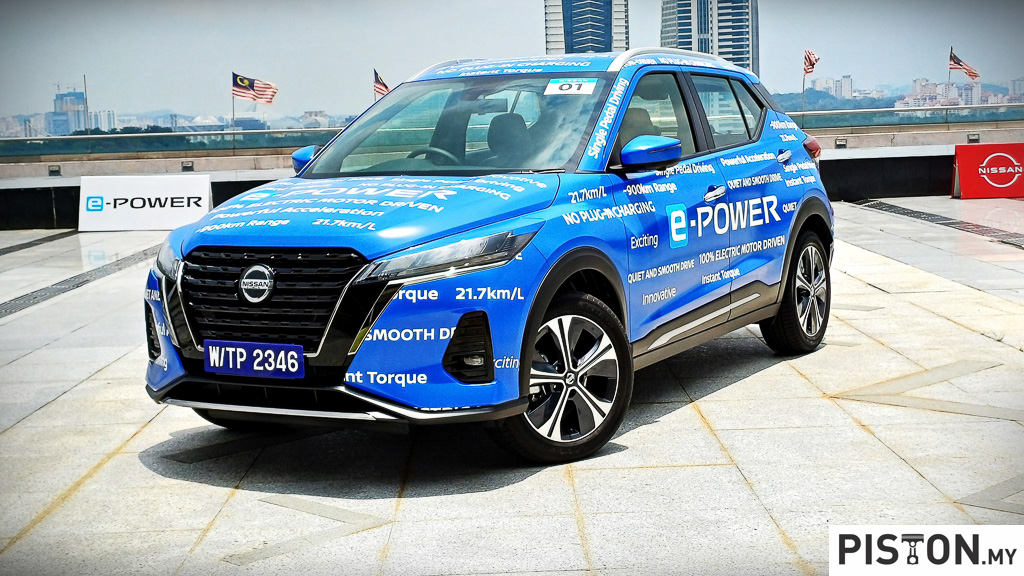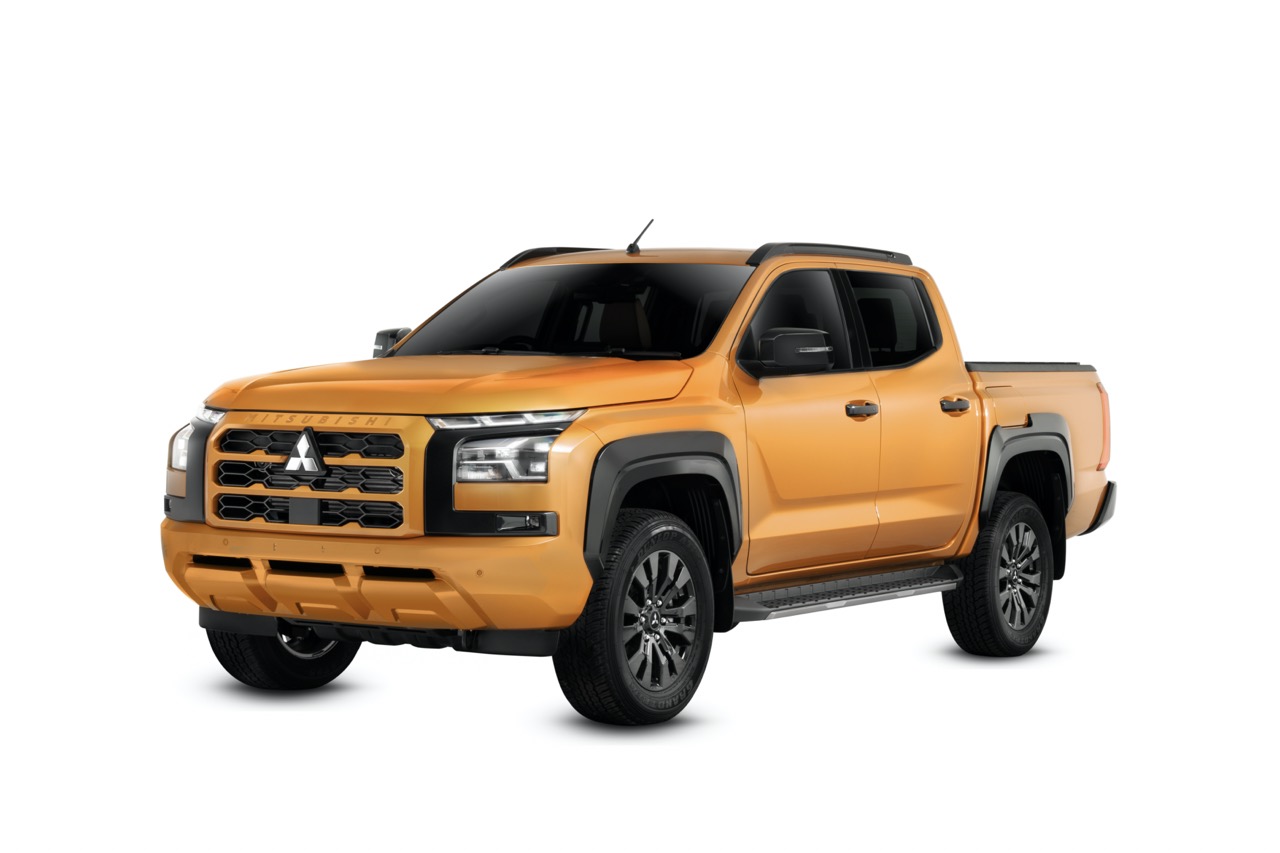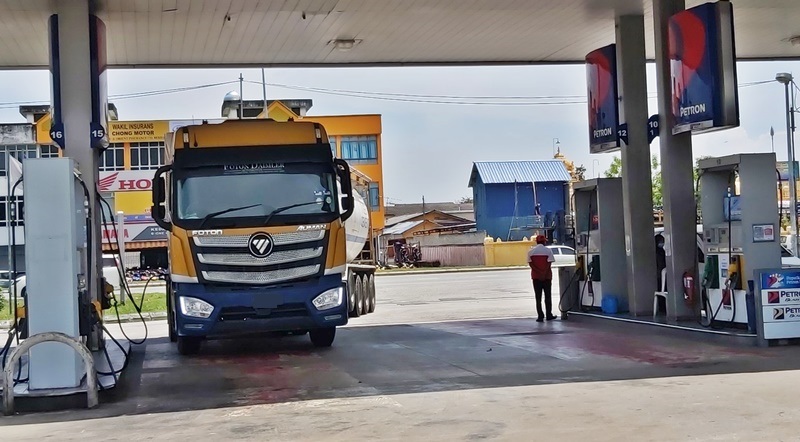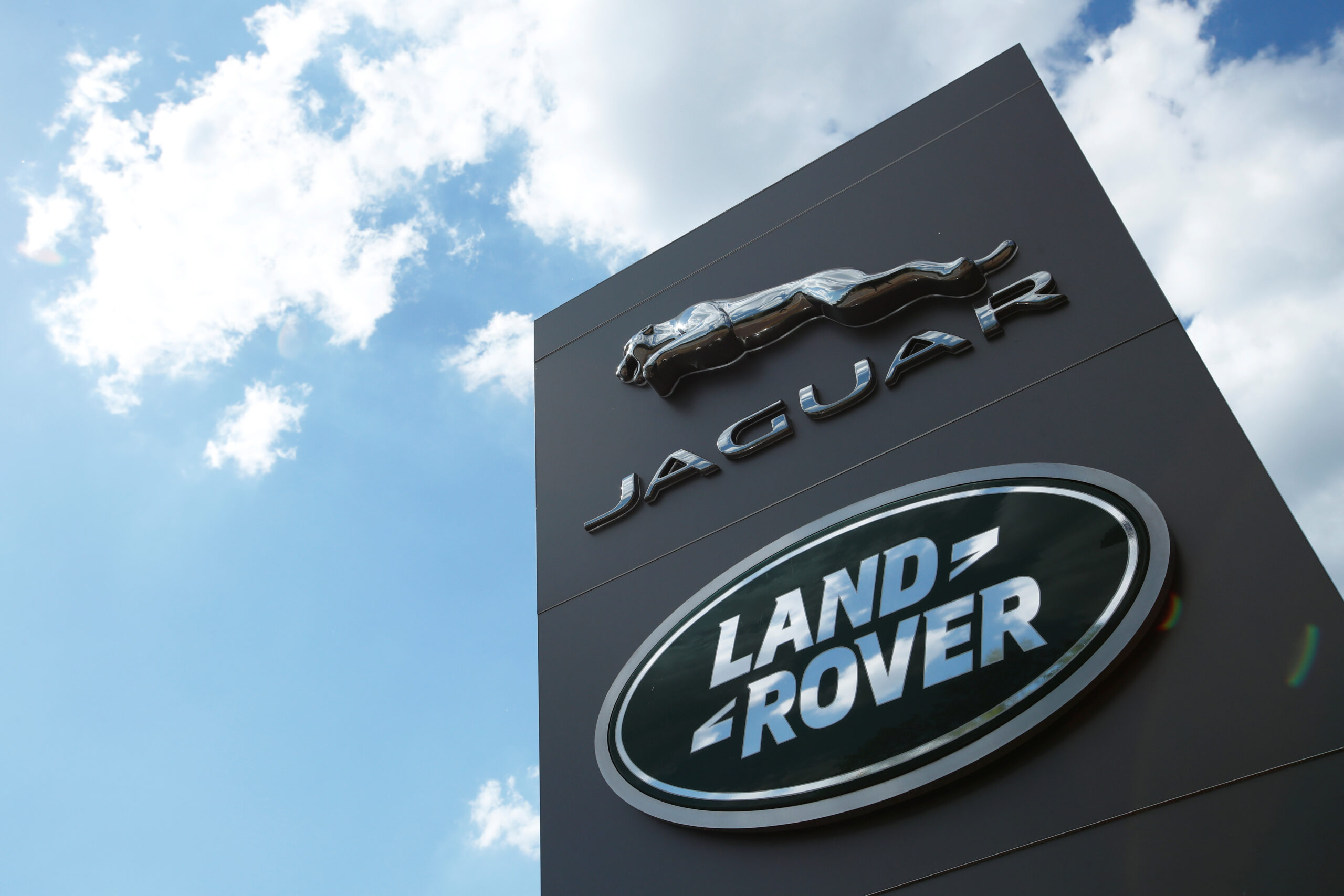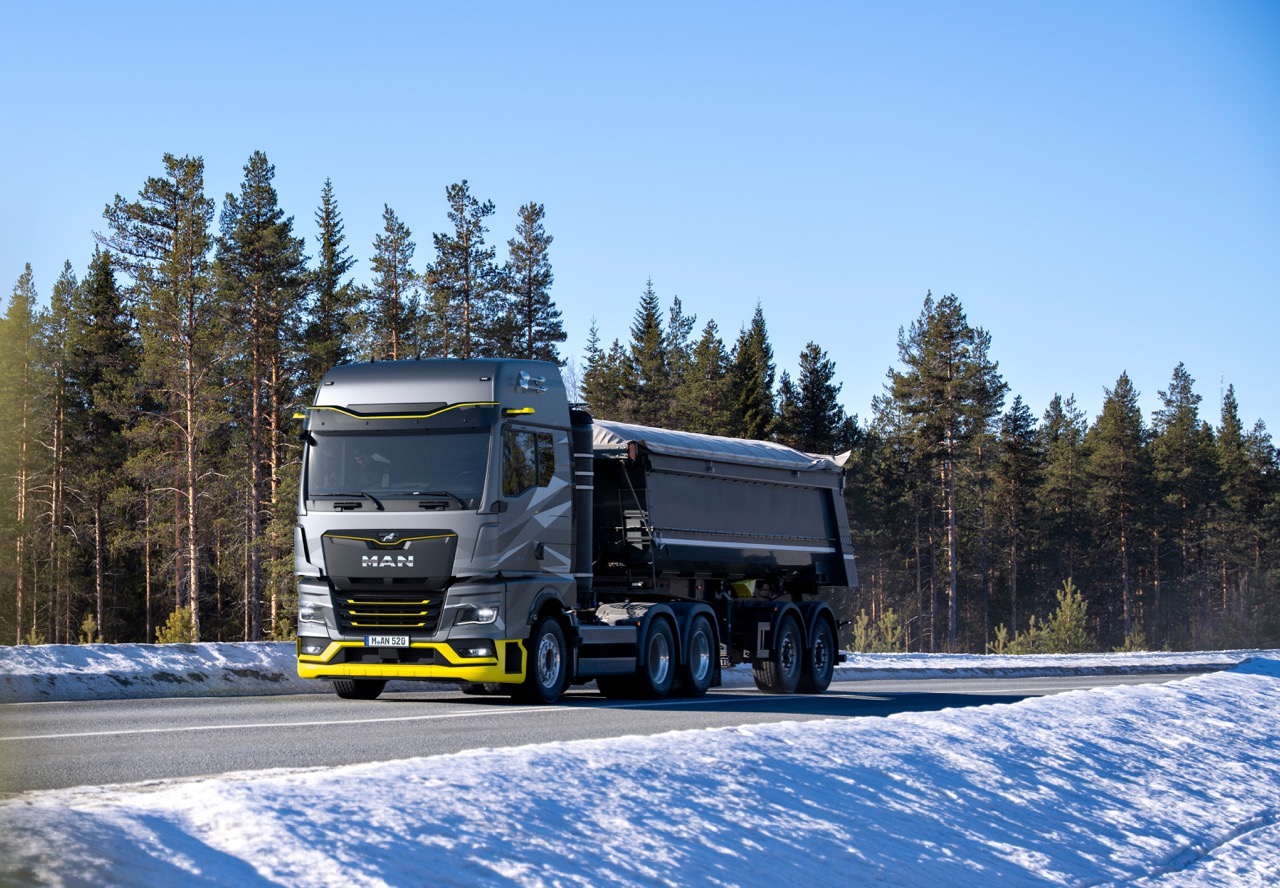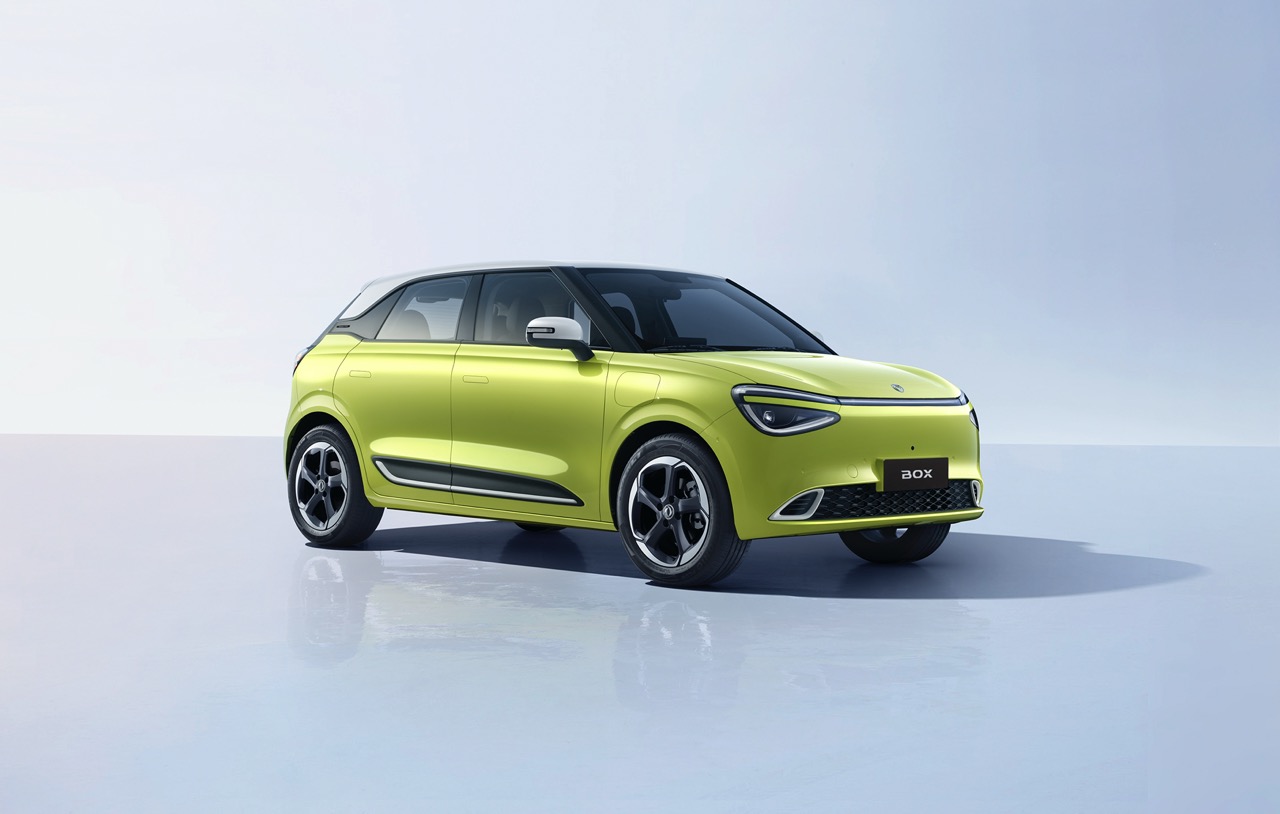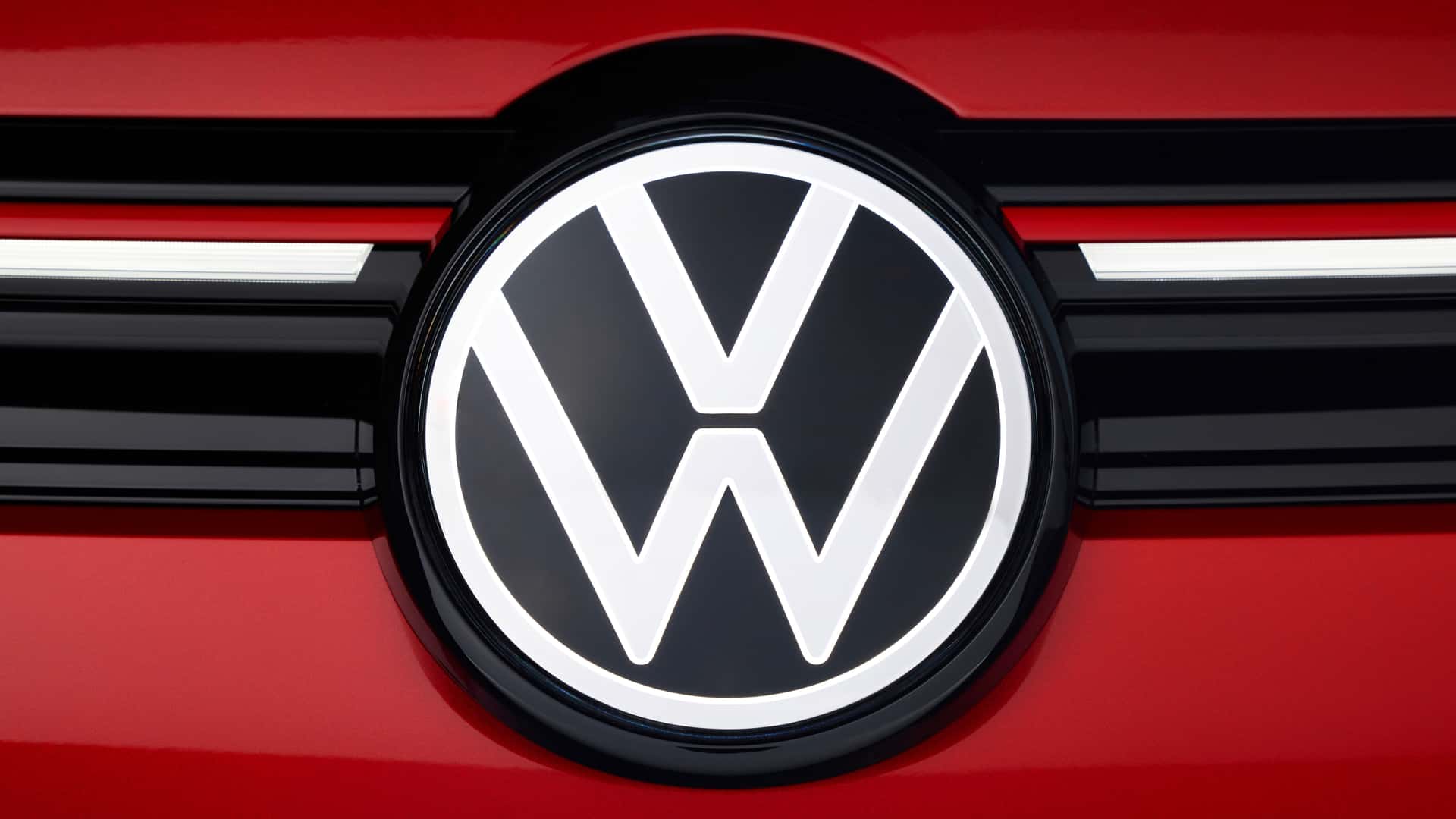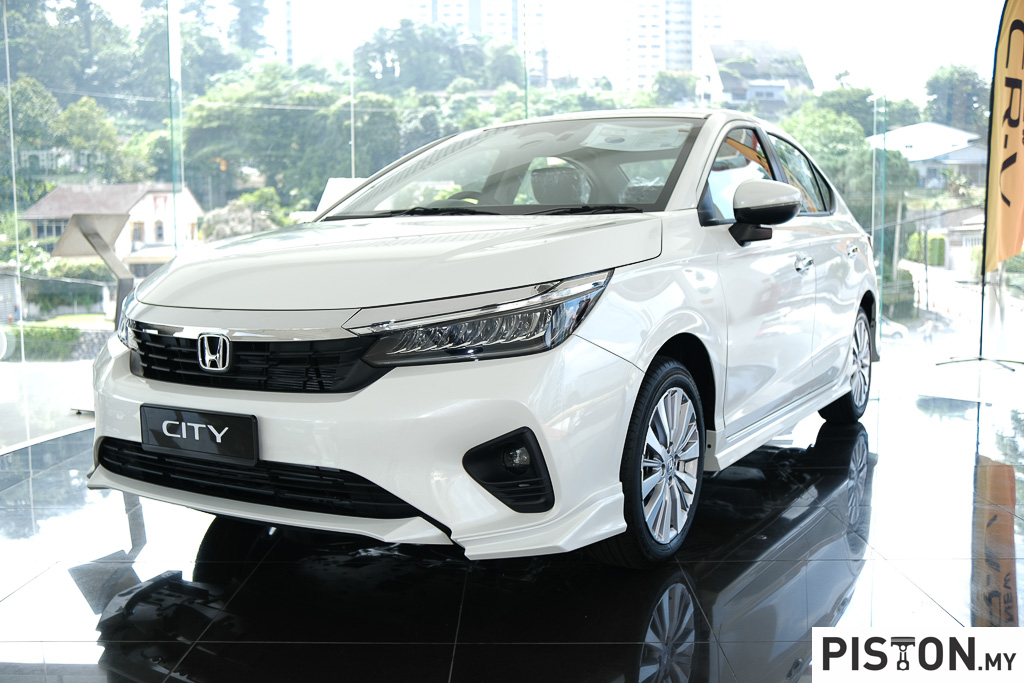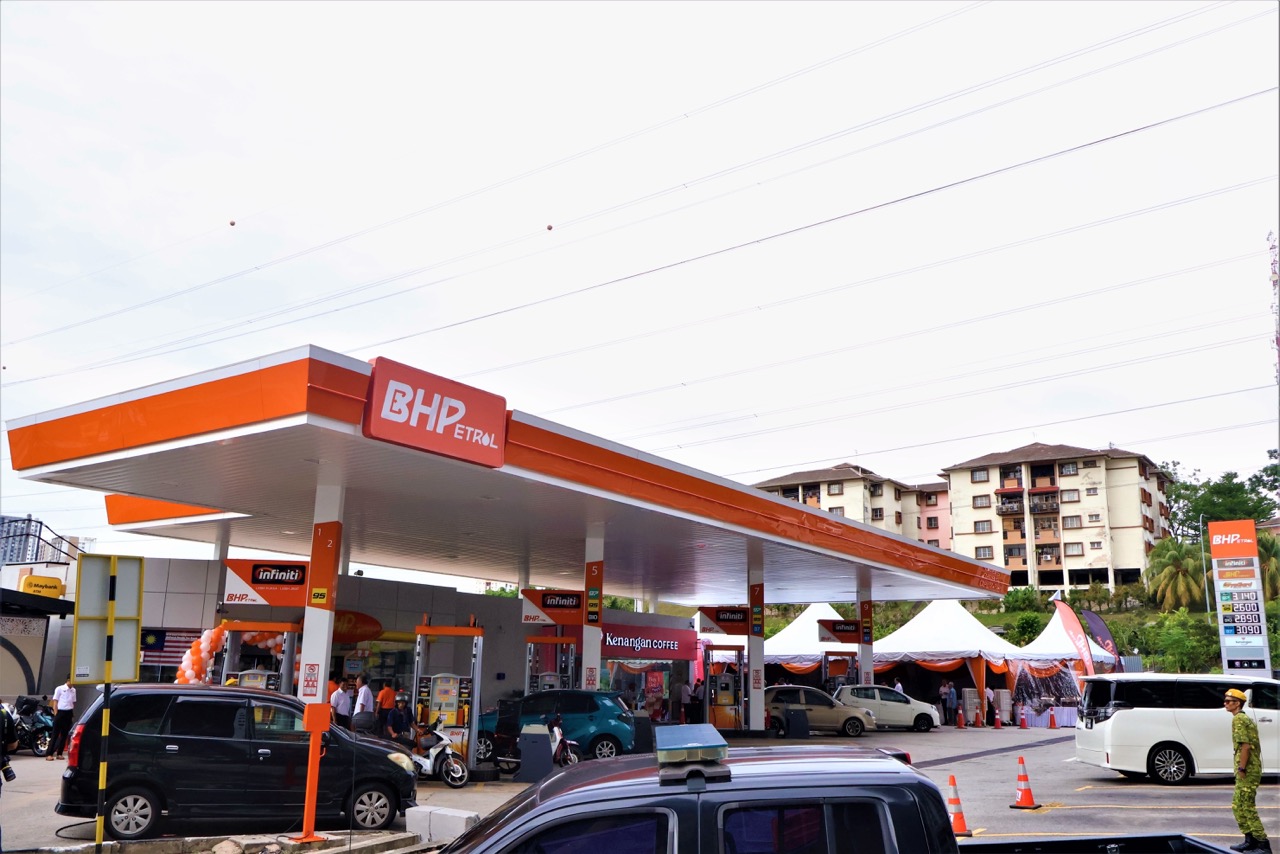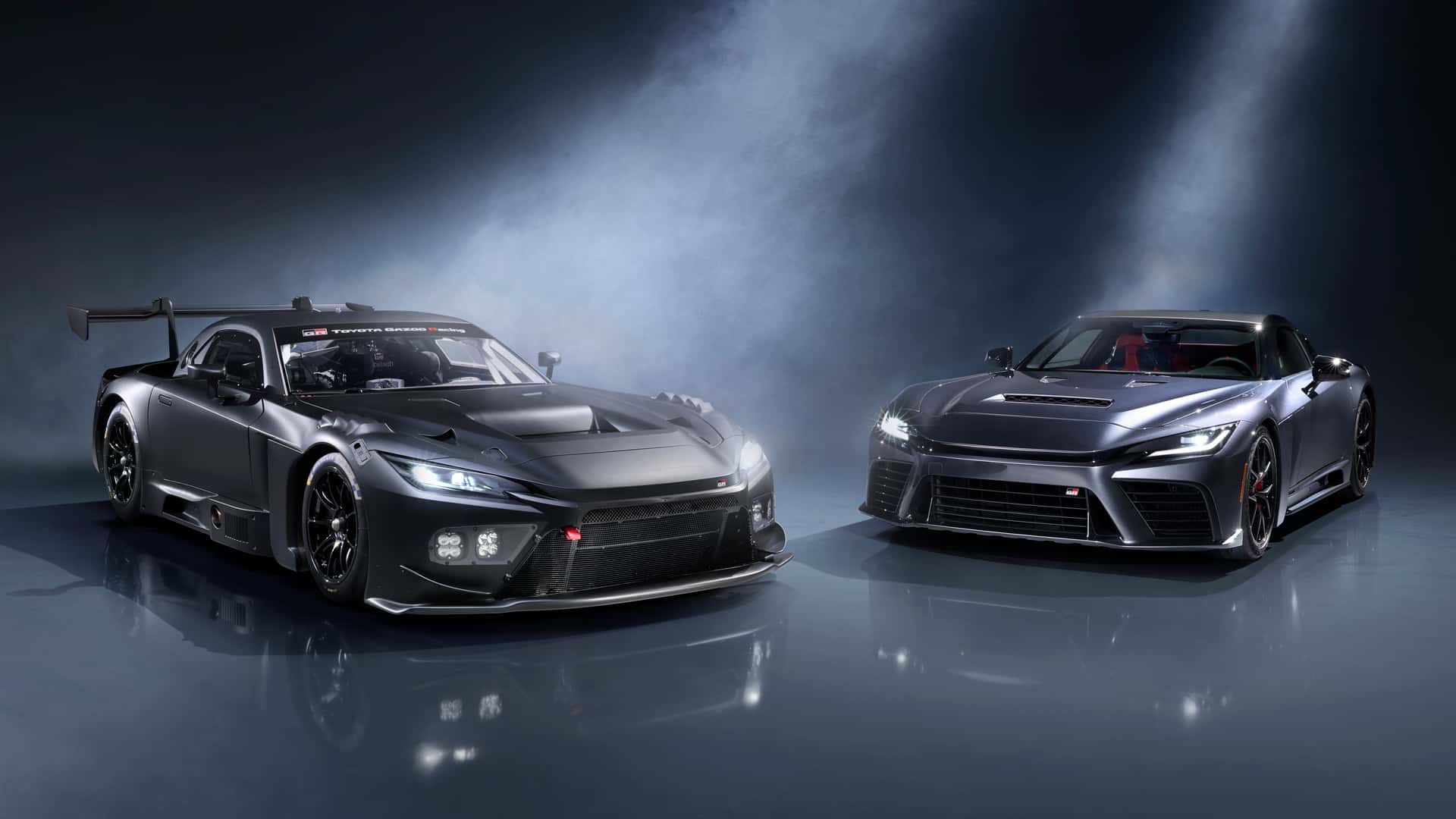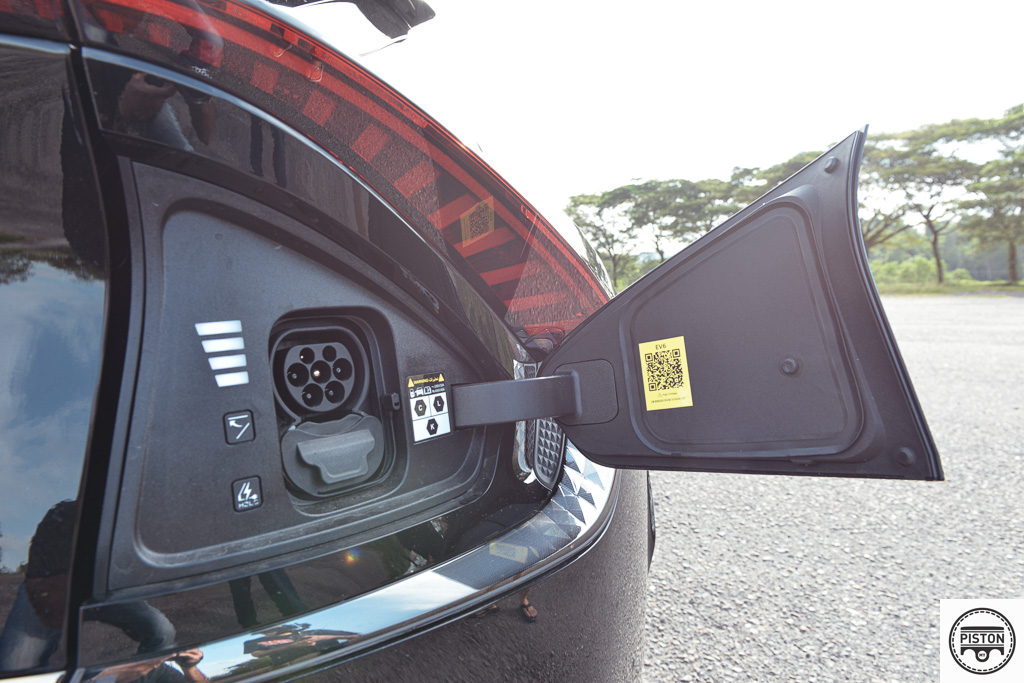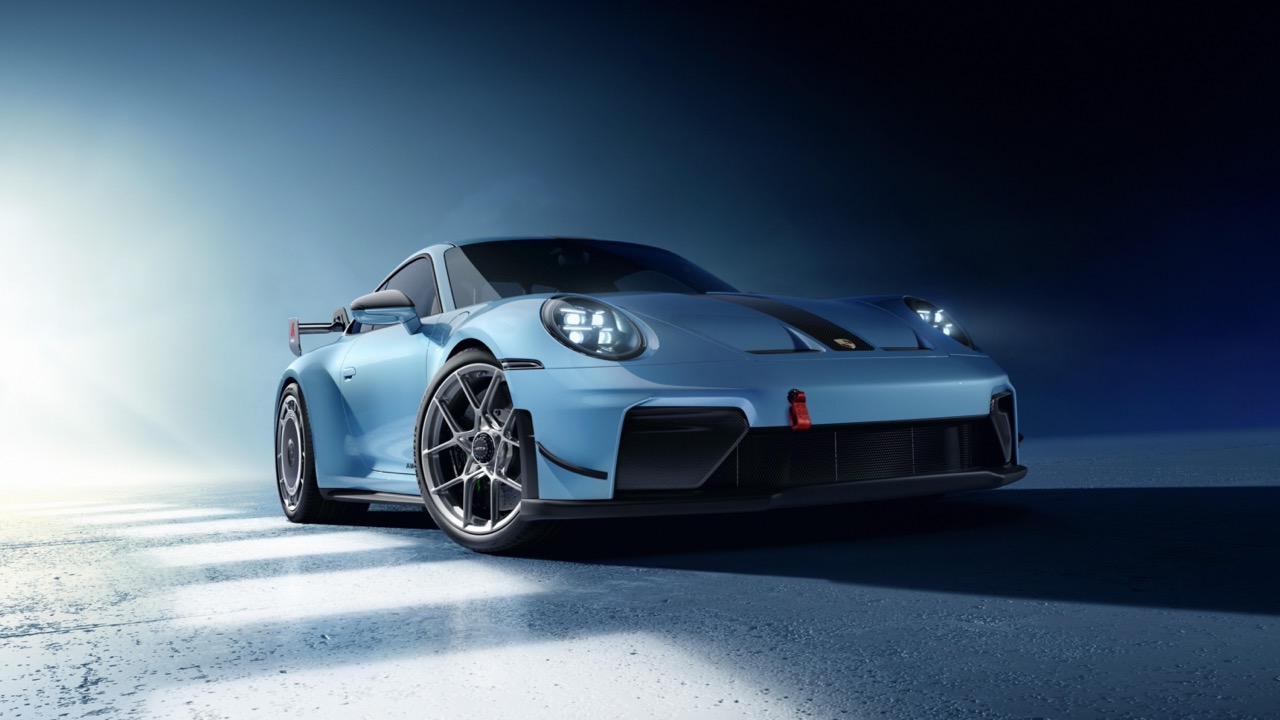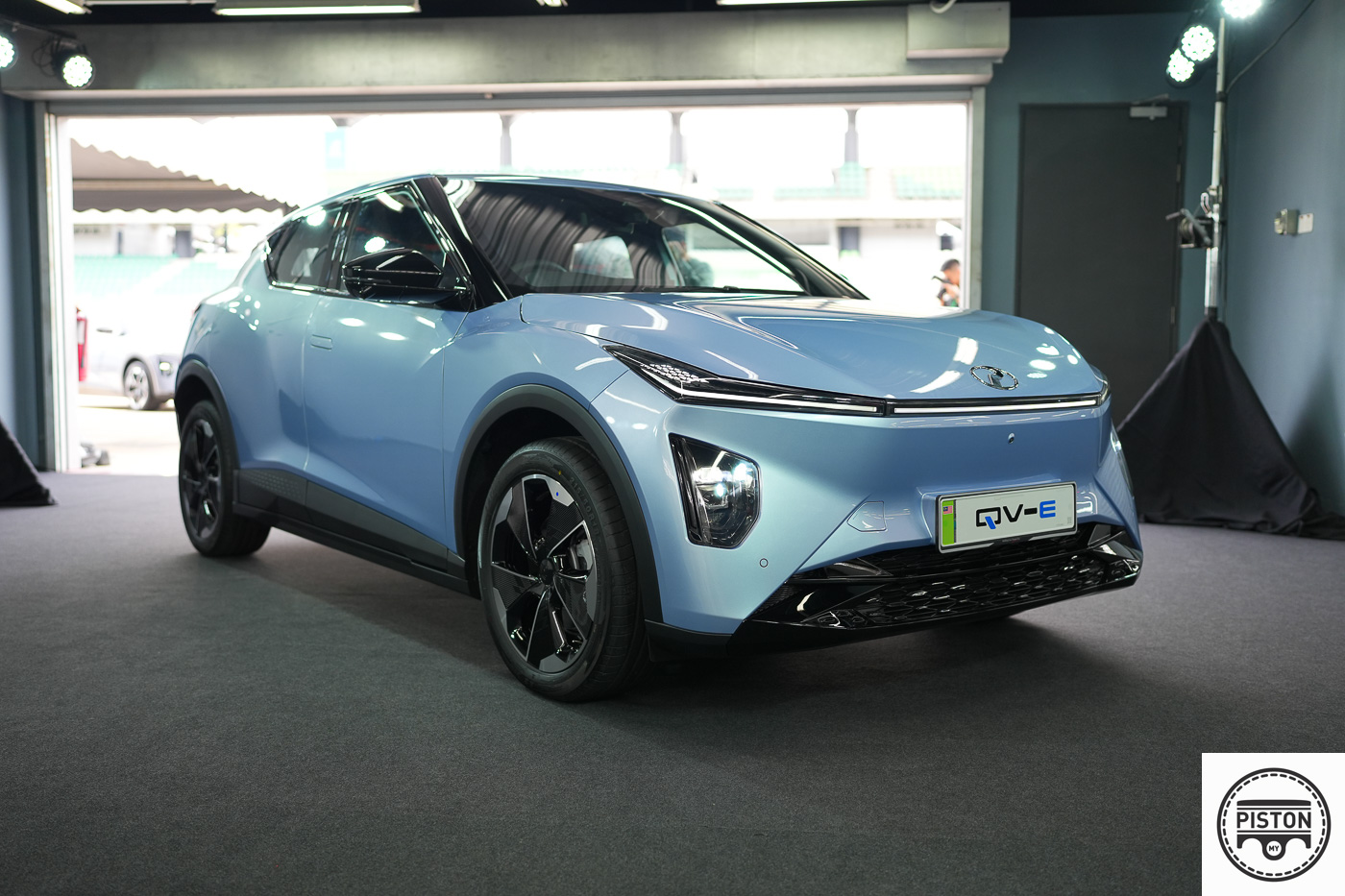Hari Raya Aidilfitri (expected to fall on May 24) is approaching but this year, with the seriousness of the COVID-19 pandemic and the need to stop its spread, the government has declared that the traditional ‘balik kampung’ journeys cannot take place. There are great risks in allowing thousands to travel around the country as some may be carriers of the virus which has so far caused 114 deaths from almost 7,000 infected cases.
Malaysia is fortunate not to have the thousands of deaths that have occurred in some other countries and while the pandemic won’t completely end for some time, it is at least moderated to some extent in this country. That’s thanks, in a large part, to the hard work and sacrifices of the frontliners, especially those in hospitals.
Also helping to ‘flatten the curve’ of infections was the introduction of the Movement Control Order on March 18. The aim of the MCO is to cut the transmission of the virus by restricting contact and interaction among the population. Overnight, the country was virtually shut down as people were told to stay at home and the police and army were ordered to enforce the regulation strictly.
The MCO included a prohibition on interstate travel because it makes things more difficult to trace the movements of virus carriers who may bring it to their hometowns that might not have been affected in the first place. Contact-tracing is a crucial part of suppressing the spread as people who have been in contact with the carrier will be quarantined so they do not pass it on to others.
The prohibition on interstate travel is still on and the only exception was during four days recently when special permission was given to allow those who had been trapped in other places to return to their homes in other states. And that too required application and approval by the police who checked for valid reasons. Other than that, only in emergency cases will permission be granted, and the police are firm on this.
On many occasions, announcements have been made to remind people that they should not make any ‘balik kampung’ trips. By now, no Malaysian should be unaware of this restriction and yet, it appears that there are people who are desperate to travel to their hometowns. But there are roadblocks and if they have no authorization letter, they will be made to turn around. If they make things difficult, they could also get charged for not complying with the MCO which carries a RM1,000 fine and/or a jail term.
In fact, the police have reported the number of people trying to cross state lines increasing and they must be getting fed up with such law-breakers. Now they have announced that they will also be conducting checks in certain areas where there are many vehicles outside homes (a sign that may suggest many returnees) and owners of vehicles with registration plates from other states. It is an unnecessary waste of time as they have many other more important duties to carry out.
According to the Health Ministry, around 14% (971) of the total number of Covid-19 cases have a history of inter-state travel, meaning the infected persons brought the virus from one state to another. “About 18 clusters, from a total of 48 clusters recorded in the country, are linked to activities which involved crossing state borders. Ten of these clusters are still active,” said the Director-General at the Ministry of Health, Datuk Dr. Noor Hisham Abdullah, who is troubled by the number.
The implications of carrying the virus to the homes of parents or relatives in another state just don’t seem to be understood enough. It is known that older people are more vulnerable and can be seriously affected by the virus. It is known that there are some people who may not show symptoms of the virus immediately but they are already spreading it. If these senseless people who insist on going to the homes of their elders cause them to be infected and die, how will they ever live with that?
Yes, it is understandable that the family should be together on Hari Raya but these are extraordinary circumstances and as many say, there will still be other years to celebrate together. Carry the virus home and you may never celebrate with some of those loved ones again.
As Datuk Dr. Noor Hisham has warned, unless there is good compliance with the MCO/CMCO, the restrictions will have to remain in place. In the eyes of the Health Ministry, there is still a lot of non-compliance when so many are trying to ‘balik kampung’ even though they are not allowed to. Because of these people, the rest of us have to continue to endure restricted movements. Please do not be selfish and just stay in your state.

